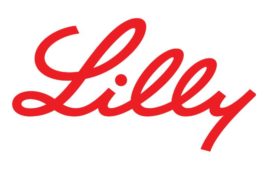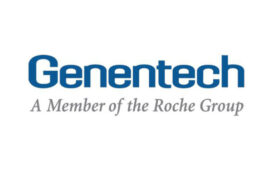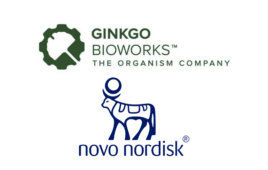
Image from https://torange.biz/medications-big-money-19928
Pharmacy benefit managers (PBMs) have recently emerged as a punching bag with the pharma trade group PhRMA accusing such orgs of driving up drug prices. Now, an alliance of PBMs known as Transparency-Rx has emerged, promising a reform initiative in a digital campaign attempting to put pressure on rival PBMs. This coalition’s efforts could reshape drug pricing dynamics, with potentially significant consequences for pharma companies, which may potentially need to adapt to a market with more straightforward and possibly more stringent pricing structures.
Transparency-Rx pushes for PBM reform
Transparency-Rx, comprising PBMs such as AffirmedRx, Liviniti and SmithRx, claim they can generate major per-prescription savings. In doing so, they aim to differentiate themselves from the “big three” PBMs, which include CVS Caremark, Express Scripts, and OptumRx, which base their profits on drug prices.
In contrast, Transparency-Rx aims to delink profits from drug prices, instead earning via disclosed flat fees. Additionally, they promise to fully pass discounts to patients, opposed to spread pricing. The organization claims businesses working with their members could save an average of $20 per prescription in comparison to competitor PBMs.
The Transparency-Rx campaign aims to reach an audience of more than 16 million. The organization aims to encourage the public to target policymakers and stakeholders to advocate for PBM reforms.
How PBM drug pricing reform affects pharma companies
For manufacturers, if such reforms gain ground, they could translate to tighter margins. The Biden Administration’s Inflation Reduction Act is already putting pressure on the industry as it enables Medicare to negotiate drug prices. Initially, negotiations will start with up to 10 drugs per year, beginning in 2023, with the negotiated prices taking effect in 2026. The U.S. government has begun preparations this year for these negotiations. The number of drugs subject to negotiation could increase to up to 20 per year after the initial phase.
Reform may be coming in any case, as Congress debates more than 40 bills targeting PBMs.
The Pharmacy Benefit Manager (PBM) Reform Act, specifically known as S. 1339, which has not yet passed, seeks to ban spread pricing and certain clawbacks by PBMs. It would require that rebates be passed through to plan sponsors.
PBMs are nothing new, having emerged in the 1960s to help contain drug spending as prescription drugs became part of health plans in the 1960s. Their role became more controversial in the 1990s, as drug manufacturers began to acquire them. Merck acquired Medco in 1993. Following suit a year later, Smithkline Beecham picked up Diversified Pharmaceutical Services in 1994 and Eli Lilly acquired PCS Health Systems in 1994.
They played a role in determining formulary offerings and administering drug claims. However, with PBMs beginning to be acquired by drug manufacturers in the 1990s, concerns about conflicts of interest led to federal orders for divestment, which in turn spurred mergers and acquisitions within the PBM industry. The largest PBMs today do not directly distribute drugs but negotiate rebates and prices with manufacturers and payments with pharmacies, potentially affecting the cost of prescription drugs.
The ethical debate surrounding PBM practices
While criticized for driving up drug prices, PBMs also have negotiated lower drug prices with drug companies, with the potential to lead to savings for patients. A recent ethical analysis of PBMs, however, reached mixed conclusions, concluding that some PBM practices such as point-of-sale rebates are ethical while market consolidation and gag clauses aren’t.
Industry groups like the Pharmaceutical Care Management Association (PCMA) argue that PBMs play a vital role in supporting access to affordable prescription drugs. PCMA warns against legislation that could disrupt this system.





Tell Us What You Think!